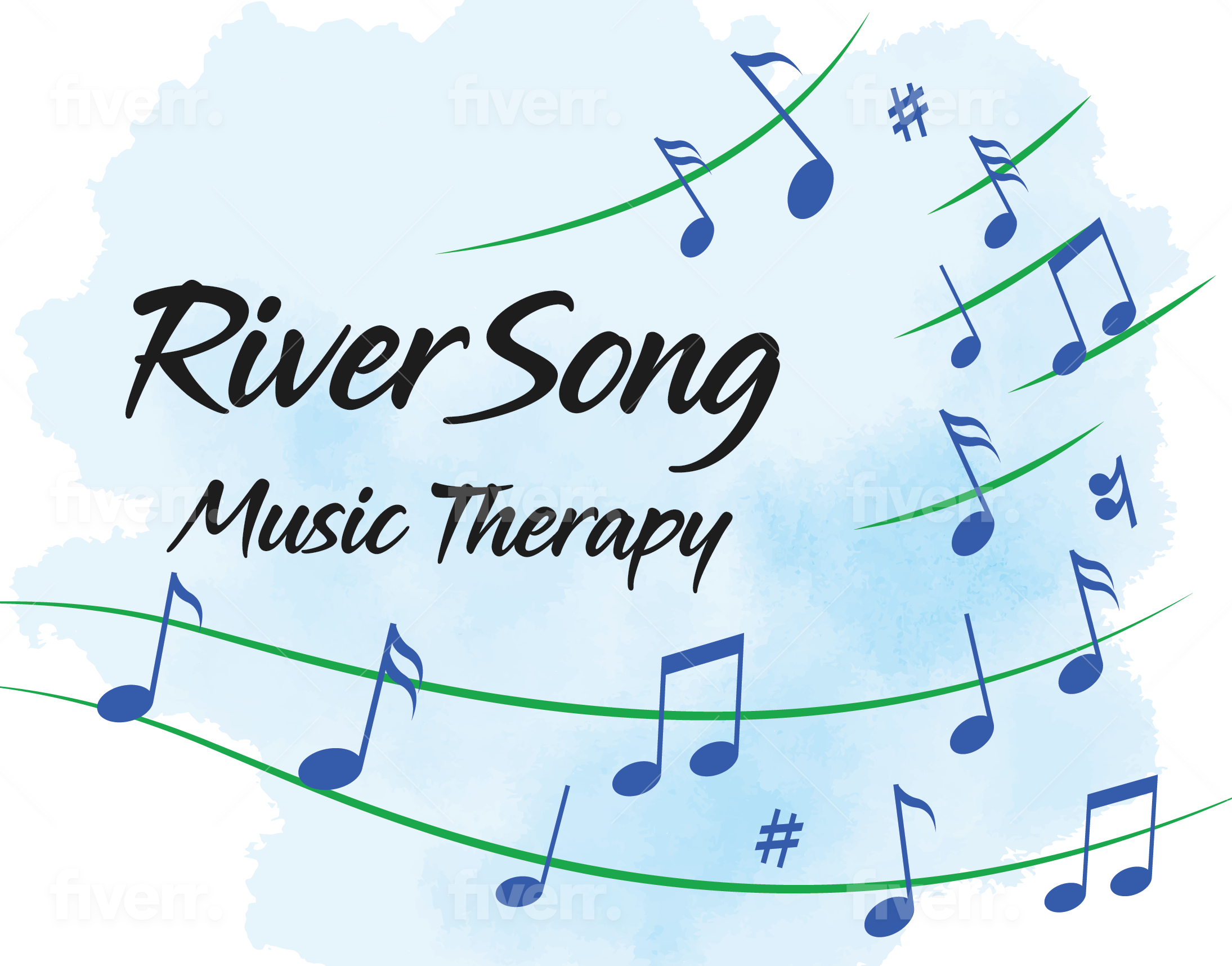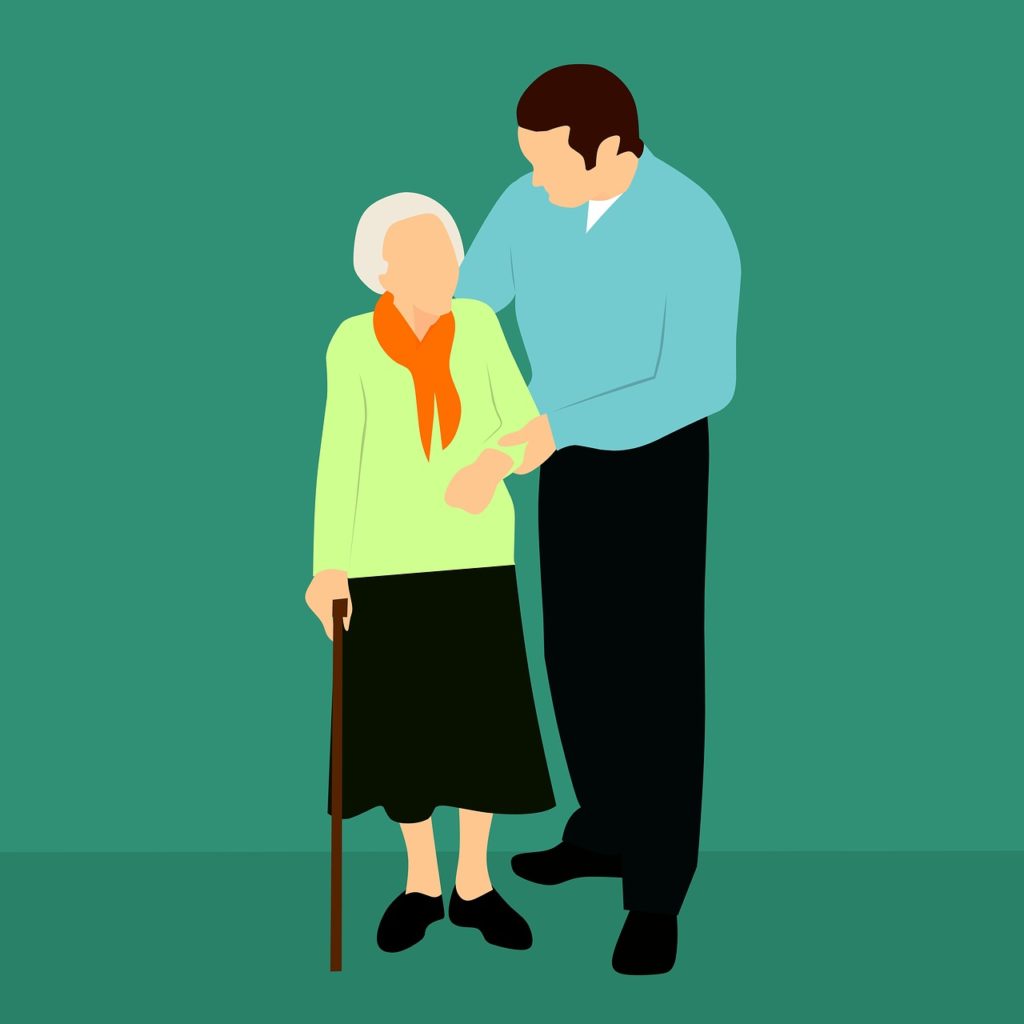Imagine you are driving home from the store one day and a road you normally take is blocked off. Getting home may now require some backtracking and creative thinking, but you will find another route back to the house. Music can, in the same way, guide the person with dementia back to an important memory.
As we age, various areas and thought pathways in the brain can become like that blocked off road. Sometimes it is a temporary construction, and sometimes it’s a permanent shut down. But the amazing aspect of music is how fully it engages brain functioning, using multiple cortexes simultaneously. For example, while the amygdala processes the emotional content of a song, the motor cortex is planning and executing dance moves or instrumental playing, and all the while the hippocampus is storing this memory. When a person with dementia struggles to make connections in parts of their brain that are no longer working, the areas of the brain that have been touched by music do light up again. And introduce a new way home.
There is a concept in music therapy called the ‘reminiscence bump,’ which refers to musical memories that were made in the adolescent and early adult years. This is such an important time in life when a person is developing their identity, and the memories associated with music are incredibly strong. In fact, there is evidence that musical memories from this time period are some of the last to go for a person with dementia. When I work with seniors, I find it helpful to do some quick back-of-the napkin math and figure out what songs were popular in their teen years. The comfort of these familiar songs can be extraordinary in sessions.
Now, it is important to note that music therapy is by no means a cure for dementia; such a cure does not exist at this time. What music can be is something that soothes those agitated by fear and anxiety, or a motivating force to get a group dancing in support of their physical health. It can be the common ground to help build community, a creative way to try out new things such as songwriting or playing an instrument, or the key that unlocks a memory of the time the family went on vacation in Mexico. Quite simply, music can be the lifelong friend who knows us and helps us know ourselves through every step of life’s journey. I am very thankful for it.

